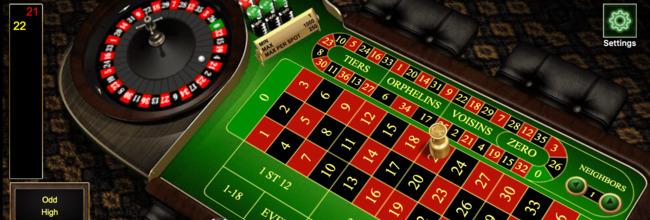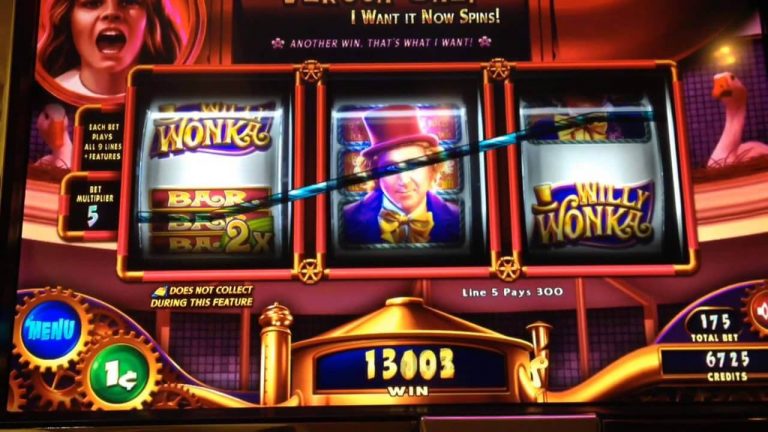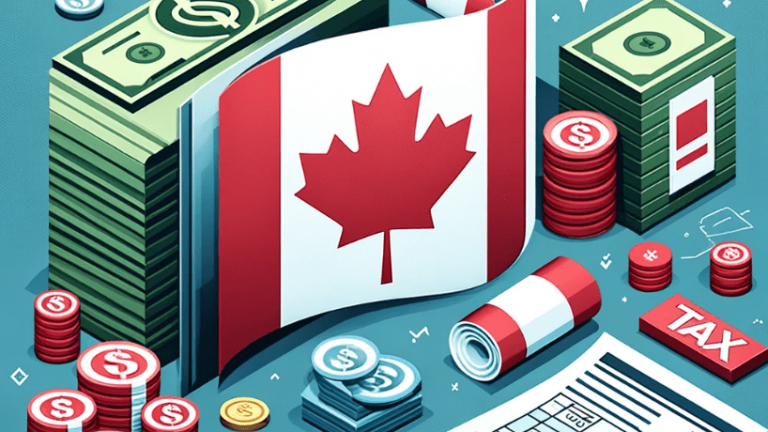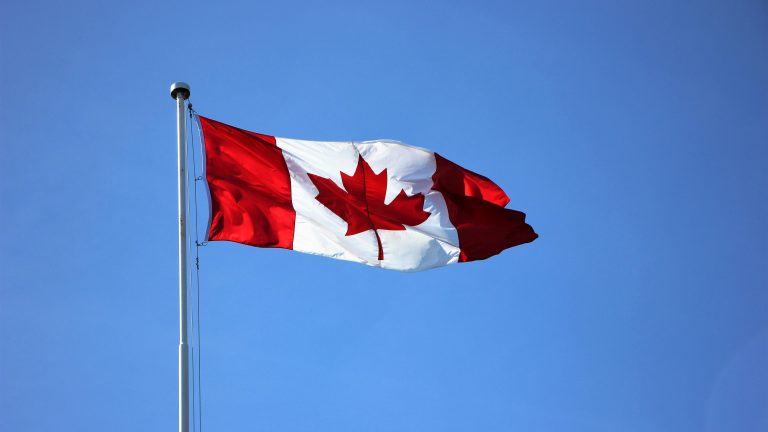
GMany individuals find themselves drawn to gambling, often viewing it as a fun pastime. Yet, it doesn't take long for some to develop troubling habits. Becoming addicted to betting can lead to a host of serious issues that affect one’s social life, mental health, and physical well-being. This addiction is categorized as an impulse-control disorder. If you want to delve deeper into this topic, feel free to explore this article.
Gambling Addiction: Important Insights You Should Know
The repercussions of gambling addiction can be quite severe, impacting both mental and physical health. Those grappling with this issue often face depression, anxiety, digestive problems, heightened stress levels, and severe headaches. The fallout from uncontrolled gambling may lead individuals to feel utterly helpless and despondent, and in extreme cases, even suicidal thoughts can arise.
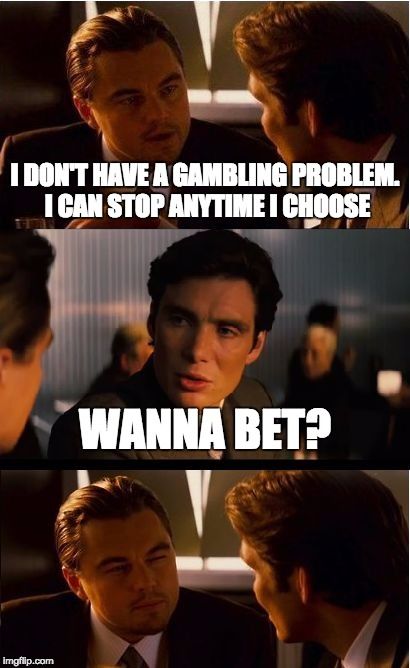
In recent years, the prevalence of gambling addiction has become increasingly concerning. A report from 2012 indicated that hundreds of thousands of individuals were battling gambling disorders and sought effective treatment. This has emerged as a significant public health issue in various countries, including Canada, highlighting its detrimental effects on society. 5.77 million This form of addiction closely resembles dependencies on substances like drugs or alcohol. It shifts a person’s mental state and emotional balance. Once individuals start to enjoy this altered state, they may feel compelled to engage in gambling repeatedly in pursuit of that euphoric feeling.
The addiction to gambling reveals various symptoms that are often tied to emotional responses, particularly due to the financial stakes involved. It also takes a toll on personal relationships, leading individuals to miss family gatherings and important social events. For instance, a person struggling with gambling may choose to skip significant milestones in their loved ones' lives.
The Symptoms Of Gambling Addiction
Those caught in the grip of gambling may even neglect their work responsibilities. Additionally, many individuals resort to concealing their gambling habits or telling lies to avoid judgment. A clear signal of addiction is the overwhelming urge to gamble despite a lack of funds, signifying a profound level of dependency.
Types of Gambling That May Trigger Addictive Behaviors
The presence of lotteries and casinos provides ample opportunities for individuals to partake in gambling. When compulsive actions go unchecked, they can quickly escalate into addiction. Activities such as horse racing, slot machines, poker, lotteries, dice games, bingo, and sports betting can all become problematic, while other games may further worsen the situation.
Numerous studies indicate that excessive gambling introduces significant risk factors. Games that require quick decisions and yield immediate results are particularly hazardous for players. Slot machines, found in both brick-and-mortar and online casinos, are a prime example.
Fortunately, there are effective strategies available for overcoming gambling addiction. These methods can greatly assist those struggling with this issue.
Treatments Available
Support Groups: Many individuals find participating in support groups beneficial as they connect with others who share similar struggles. Hearing personal stories of hardship can inspire hope and motivate others to seek a healthier lifestyle free from the grips of addiction.
- Psychotherapy: Cognitive Behavioral Therapy (CBT) is an effective approach for individuals facing gambling-related issues. This therapy helps reduce the compulsion to gamble by gradually exposing individuals to their gambling behaviors. CBT can help reshape the way they perceive and react to gambling situations.
- Medication: The use of antidepressants and mood stabilizers can alleviate some symptoms and challenges associated with gambling addiction. Certain antidepressants can help diminish the urge to gamble, and in some cases, medications typically used for treating substance abuse may also benefit compulsive gamblers.
- British Columbia Responsible Gambling Partnership
| Institution | Phone | Website |
|---|---|---|
| Ontario Problem Gambling | 888-230-3505 | www.problemgamblinghelpline.ca |
| Nova Scotia Problem Gambling Help | 888-347-8888 | gamblingsupportnetwork.ca |
| Visit: www.gamblersanonymous.org/ga/addresses | 888-795-6111 | Gambling Information Line |
| Responsible Gambling Council | 416-499-9800 | www.responsiblegambling.org |
| Gamblers Anonymous Canada | 626-960-3500 | Considerations for Seeking Treatment |
If you or someone you care about is experiencing gambling addiction, it's imperative to consult a qualified healthcare professional without delay. Avoid relying on any treatments or medications you might find online, as they could potentially exacerbate the situation. It's best to reach out to a trusted doctor and adhere to their guidance.
Both men and women partake in gambling, but sometimes the behavior can escalate uncontrollably. It's essential to approach gambling as a form of entertainment rather than allowing it to evolve into an addiction. If you or someone close to you is dealing with excessive gambling, seek assistance promptly.
Summing Up
Interview with Marga Fernandez from Amigo Gaming


